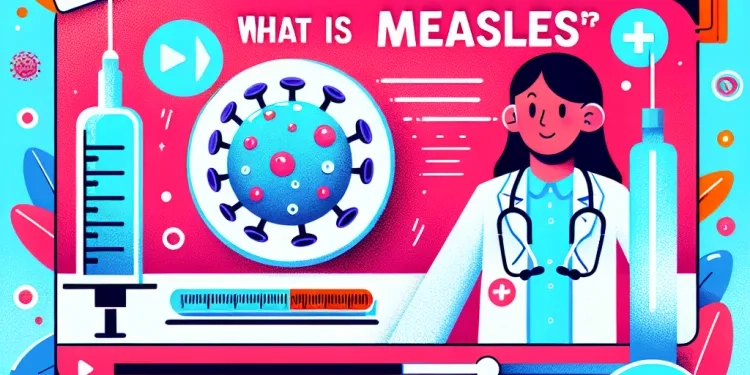
Find Help
More Items From Ergsy search
-
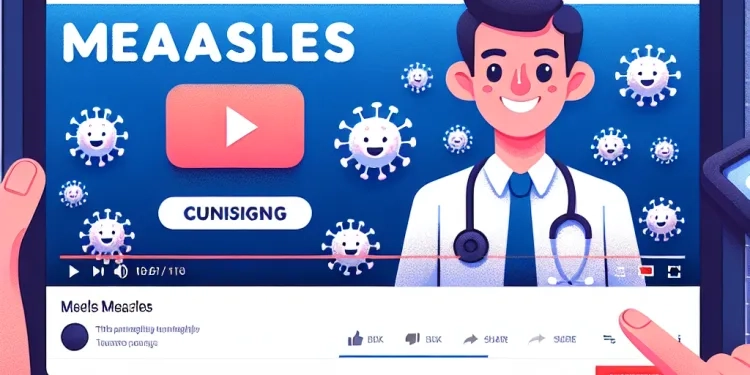
Measles
Relevance: 100%
-

Is there a treatment for measles?
Relevance: 95%
-

Is there a treatment for measles?
Relevance: 95%
-
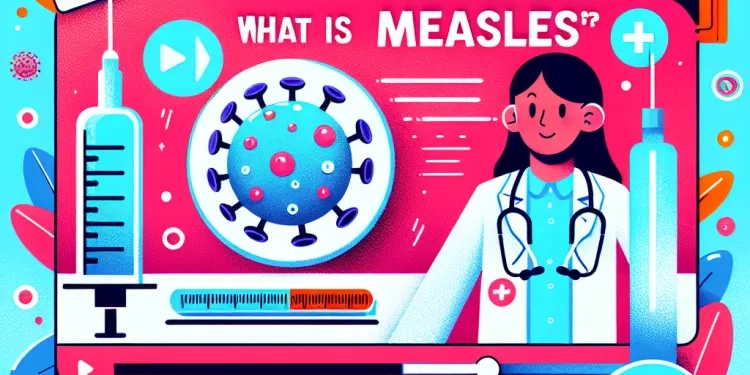
What is measles?
Relevance: 94%
-

How is measles transmitted?
Relevance: 91%
-

What are the symptoms of measles?
Relevance: 91%
-

How contagious is measles?
Relevance: 91%
-

Can measles be serious?
Relevance: 91%
-

How is measles transmitted?
Relevance: 91%
-
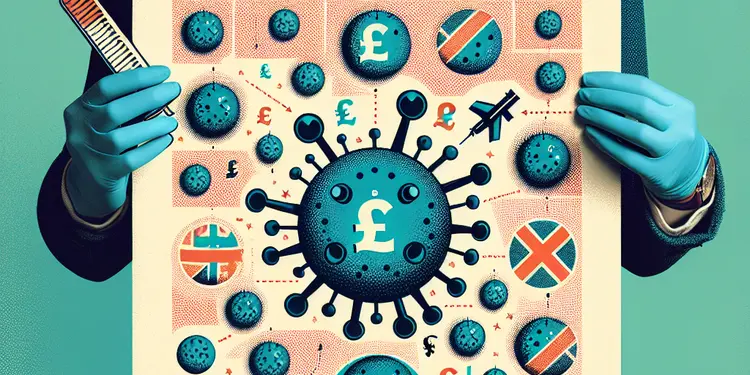
How is measles spread?
Relevance: 90%
-

Are measles outbreaks common in the UK?
Relevance: 90%
-

Can measles be treated?
Relevance: 90%
-
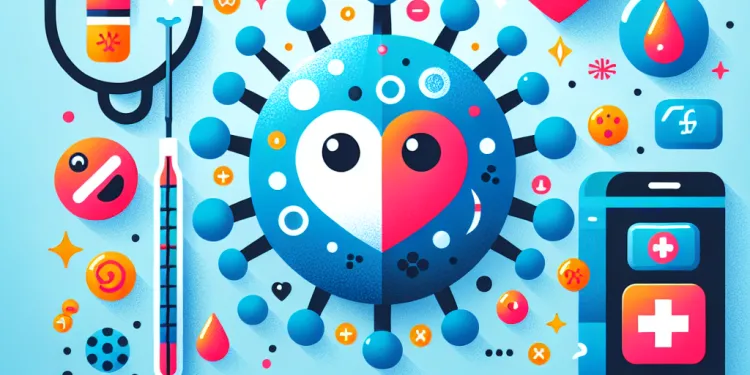
What are the symptoms of measles?
Relevance: 90%
-

Are measles cases rising in the UK?
Relevance: 90%
-

Is Rubella the same as measles?
Relevance: 90%
-

What are the symptoms of measles?
Relevance: 90%
-
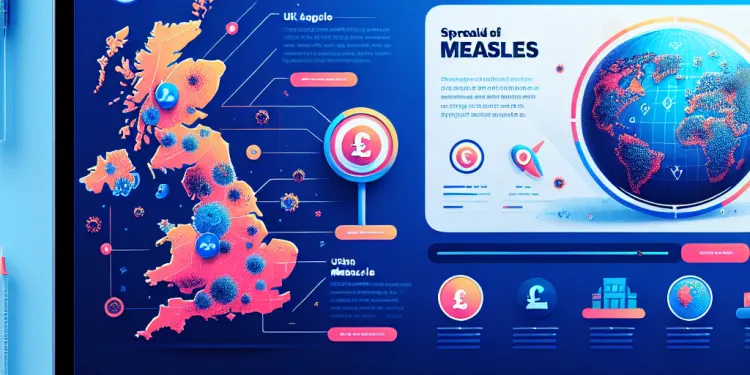
Are measles more common outside of the UK?
Relevance: 87%
-

Can measles cause complications?
Relevance: 87%
-

Are adults in the UK at risk from measles?
Relevance: 86%
-
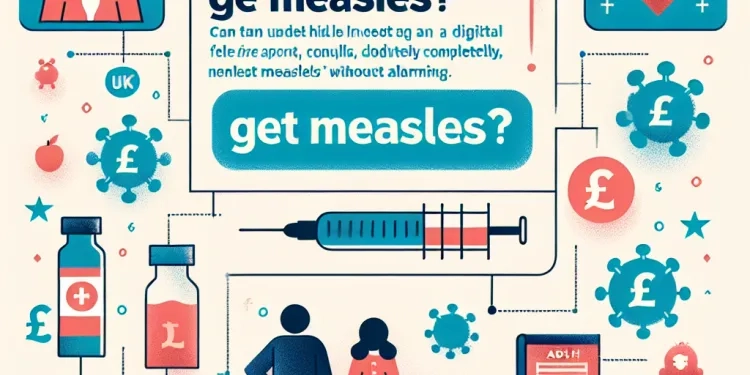
Can adults get measles?
Relevance: 86%
-

Why is measles less common in the UK?
Relevance: 86%
-
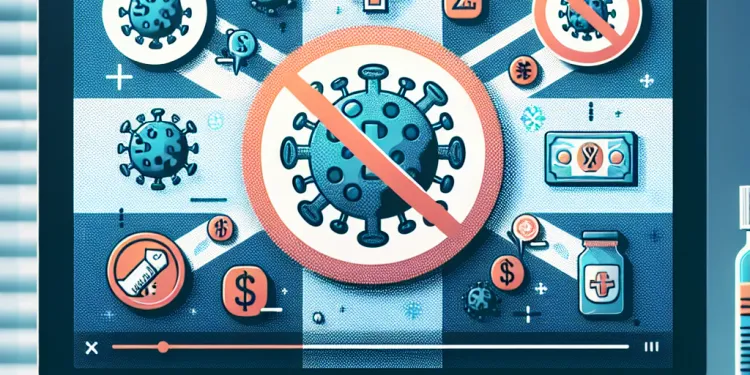
How can measles be prevented?
Relevance: 86%
-

Are measles cases currently rising in the UK?
Relevance: 86%
-
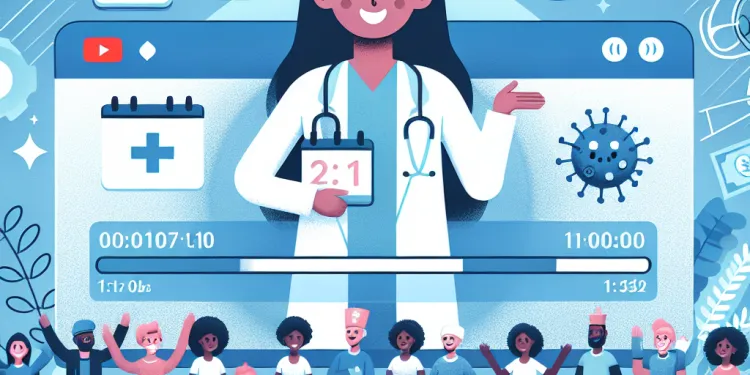
How long is a person with measles contagious?
Relevance: 84%
-

Who is most at risk from measles?
Relevance: 84%
-
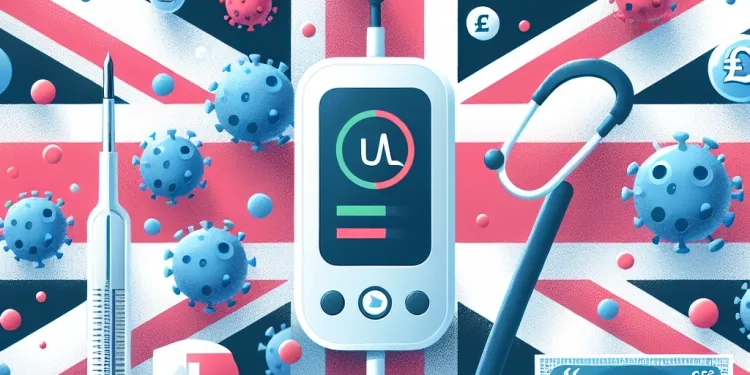
What should I do if I suspect I have measles?
Relevance: 84%
-

How does the UK monitor measles outbreaks?
Relevance: 84%
-

Why are measles outbreaks still occurring?
Relevance: 84%
-

What is causing the rise in measles cases in the UK?
Relevance: 83%
-
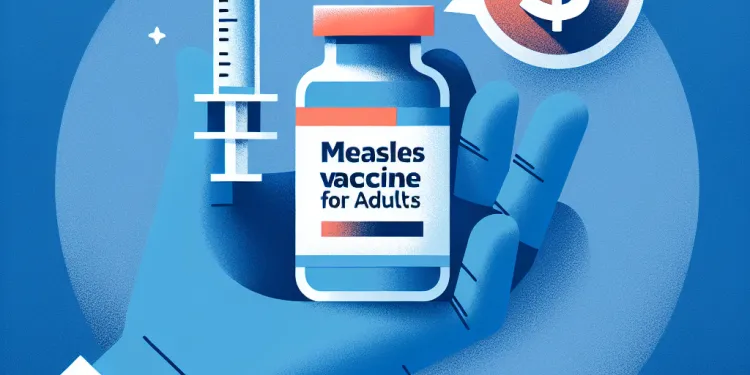
Can the measles vaccine be given to adults?
Relevance: 83%
-
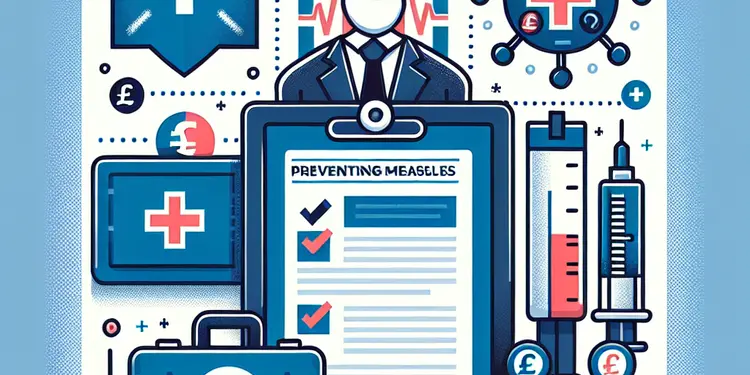
How can measles outbreaks be prevented?
Relevance: 83%
-

What complications can arise from measles?
Relevance: 82%
-

Which countries have higher rates of measles?
Relevance: 82%
-
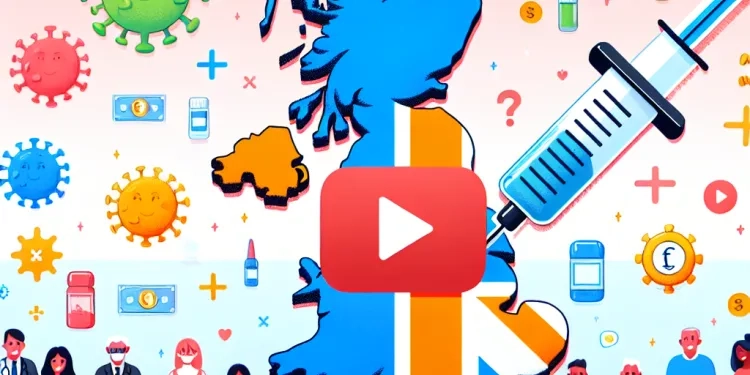
What is the current measles vaccination coverage in the UK?
Relevance: 82%
-

How does vaccination affect measles rates?
Relevance: 81%
-

Is there a risk of global spread if measles cases rise in the UK?
Relevance: 81%
-

Is it necessary to get a measles vaccine before travelling?
Relevance: 81%
-
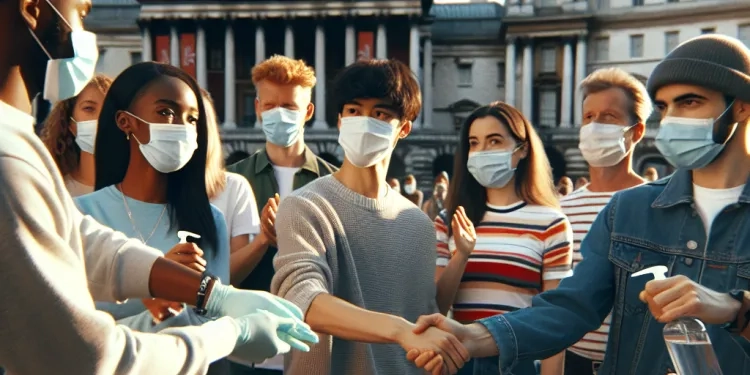
What should you do during a measles outbreak?
Relevance: 80%
-

Why has the UK lost its measles elimination status?
Relevance: 80%
-
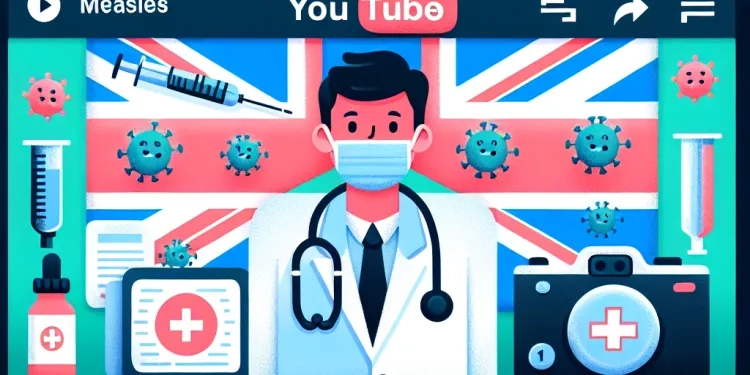
Can you get measles more than once?
Relevance: 79%
Understanding Measles
Measles is a highly contagious viral infection caused by the measles virus. It primarily affects children, though it can occur at any age if an individual has not been vaccinated or previously had the infection. Measles has historically been one of the leading causes of morbidity and mortality among young children worldwide, though vaccination efforts have significantly reduced the incidence of the disease in many countries, including the UK.
Signs and Symptoms of Measles
The symptoms of measles typically appear about 7 to 14 days after exposure to the virus. The illness usually begins with a high fever, cough, runny nose, and red, watery eyes. These early symptoms are referred to as the prodrome or pre-eruptive stage. After a few days, a characteristic red rash begins to develop on the face and then spreads to the rest of the body. The rash typically lasts about five to six days before fading. In severe cases, measles can lead to serious complications such as pneumonia, encephalitis, and even death.
Prevention and Vaccination
Vaccination is the most effective way to prevent measles. The measles, mumps, and rubella (MMR) vaccine is routinely given to children in the UK, with the first dose administered around 12 months of age and a second dose typically given before school entry. Achieving high vaccination coverage is crucial to prevent measles outbreaks. The success of the vaccination programme in the UK has led to a significant decrease in measles cases. However, pockets of unvaccinated individuals can still lead to outbreaks, which emphasizes the necessity of maintaining high vaccination rates and ensuring catch-up vaccinations for those who missed their doses.
Treatment and Management of Measles
There is no specific antiviral treatment for measles, and management primarily involves supportive care. Patients are advised to rest, stay hydrated, and use medications like paracetamol to reduce fever and alleviate symptoms. Vitamin A supplements are sometimes given to children under two years old, as they have been shown to reduce the severity of measles complications. It's important for individuals suspected of having measles to stay isolated to prevent the spread of the virus, especially to those who are vulnerable, such as young infants and immunocompromised individuals.
The UK health authorities actively monitor measles cases, ensuring swift public health responses to contain outbreaks and provide the necessary interventions to protect public health. Through continued awareness and vaccination efforts, the goal is to keep measles a rare disease.
Understanding Measles
Measles is a sickness caused by a tiny germ called a virus. It spreads very easily from person to person. Children get it the most, but anyone can get measles if they haven't had the vaccine or haven't been sick with it before. People used to get sick and die from measles a lot. But because of the vaccine, not many people get it now in places like the UK.
Signs and Symptoms of Measles
When someone catches the measles virus, signs start to show up about one or two weeks later. At first, people get a high fever, a cough, a runny nose, and their eyes turn red and watery. After a few days, a red rash shows up on the face and goes to the rest of the body. The rash stays for about five to six days and then goes away. Sometimes, measles can make people very sick and cause more serious problems like lung infections or brain swelling. Some people can die from these problems.
Prevention and Vaccination
The best way to stop measles is with a vaccine. The vaccine also protects against mumps and rubella, so it is called the MMR vaccine. In the UK, children get their first shot of the vaccine when they are about one year old. They get a second shot before they start school. Lots of people getting the vaccine can stop measles from spreading. If some people don't get the vaccine, there might be outbreaks, which means more people get sick. It is important for everyone to get the vaccine and for doctors to help people catch up if they missed it.
Treatment and Management of Measles
There is no special medicine to make measles go away. People with measles need to rest, drink lots of water, and take medicine like paracetamol to feel better. Sometimes, little kids take vitamin A to help stop serious problems from measles. People who might have measles need to stay away from others so they don't pass the virus on, especially to babies or people who are already very sick.
The UK health team watches out for measles cases all the time. They act quickly if measles spreads. They want to keep everyone safe. By making sure people know about measles and getting everyone to take the vaccine, we can make sure measles doesn't happen very often.
Frequently Asked Questions
What is measles?
Measles is a highly contagious viral infection that primarily affects children. It is caused by the measles virus.
What are the symptoms of measles?
Symptoms include high fever, cough, runny nose, inflamed eyes, and a red rash that starts on the face and spreads.
How is measles transmitted?
Measles spreads through respiratory droplets from coughs and sneezes. It can linger in the air and infect others in the vicinity.
Is measles serious?
Yes, measles can be serious, leading to complications like pneumonia, encephalitis, and even death, particularly in young children and those with weak immune systems.
Can measles be prevented?
Yes, the measles-mumps-rubella (MMR) vaccine is highly effective in preventing measles.
At what age should children receive the MMR vaccine?
In the UK, children receive their first dose of the MMR vaccine at around 12 months old and a second dose at 3 years and 4 months.
Is the MMR vaccine safe?
Yes, the MMR vaccine is safe for most people and has been administered globally for several decades with a strong safety record.
Can adults get measles?
Yes, while it commonly affects children, adults who are unvaccinated or have not had measles before can also contract it.
What should I do if I suspect my child has measles?
Contact your GP for advice. It's important to avoid public spaces to prevent spreading the virus to others.
Are there any treatments for measles?
There is no specific antiviral treatment for measles, but symptoms can be managed with rest, plenty of fluids, and fever reducers.
Why is the second dose of MMR necessary?
The second dose provides additional protection and ensures that children who did not respond to the first dose are covered.
How long is the incubation period for measles?
The incubation period is typically 10-12 days from exposure to the onset of symptoms.
Can someone with a weakened immune system get the MMR vaccine?
People with severely weakened immune systems, such as those receiving certain cancer treatments, should not receive the live MMR vaccine. It's best to consult a healthcare provider for advice.
Is measles still common in the UK?
Thanks to the MMR vaccine, measles is now rare in the UK, but outbreaks can still occur, particularly if vaccination rates drop.
Can pregnant women receive the MMR vaccine?
Pregnant women should not receive the MMR vaccine. It's recommended to ensure immunity before becoming pregnant.
What is measles?
Measles is a sickness. It makes you feel very unwell. People who have measles get a red rash and a high fever. A fever is when your body feels very hot. It is very important to see a doctor if you think you have measles.
Tools or techniques to help understand measles:
- Look at pictures of the rash to know what it looks like.
- Ask a grown-up or a doctor to explain more about it.
- Watch a video for kids about measles to learn in a fun way.
Measles is an illness that spreads easily. It mostly makes kids sick. A tiny germ called the measles virus causes it.
What are the signs of measles?
Measles can make you feel very sick. Here are some signs that you might have measles:
- You might cough a lot.
- Your nose might be runny.
- You might have a fever and feel hot.
- You might get red spots on your skin.
- Your eyes might feel sore and red. Light can hurt your eyes.
If you feel these things, tell a grown-up and see a doctor. A doctor can help you feel better. You can also use picture cards to show how you feel or ask someone to help you read or understand the signs better.
If you get sick, you might have:
- A very high fever (you feel really hot)
- A bad cough
- A runny nose (like when you have a cold)
- Sore and red eyes
- A red rash that starts on your face and moves to other parts of your body
If you need help with reading, you can try pointing to each word as you read or ask someone to read with you. There are also apps that can help read text out loud.
How do you catch measles?
Measles spreads from tiny drops when people cough or sneeze. These drops stay in the air and can make people nearby sick.
To help understand and remember:
- Use pictures or drawings to show how drops can travel
- Use simple words and short sentences to describe it
- Talk with someone if you have questions
Is measles serious?
Measles is a sickness. It can make you feel very bad.
Some people can get very sick from measles. It can be dangerous.
If you think you might have measles, it's important to see a doctor.
Seeing a doctor can help you get better.
If you need help reading, you can ask someone you trust to read with you.
You can also use reading tools that read the text out loud.
Yes, measles can be very serious. It can cause big problems like pneumonia (lung infection), encephalitis (swelling in the brain), and sometimes it can cause death. It is extra dangerous for young children and people who have weak bodies.
Helpful Tips:
- Make sure to see a doctor if you think someone has measles.
- Keep sick people away from others to stop the spread.
- Vaccines can protect people from getting measles.
Can you stop measles from happening?
Yes, you can stop measles. There is a vaccine. A vaccine is like a shield that keeps you safe from getting sick.
Here are some ways to learn about vaccines:
- Ask a doctor: They can tell you about getting the vaccine.
- Read a book with pictures: This can help you understand better.
- Watch a short video: This is fun and shows you how vaccines work.
Remember, vaccines help keep you strong and healthy!
Yes, the MMR vaccine works really well to stop measles.
What age do kids get the MMR shot?
Kids get their first MMR shot at 1 year old. They get another shot when they are 3 or 4 years old.
Getting the MMR shot is important to keep kids healthy.
If you want help, you can use pictures or ask someone to read with you.
In the UK, kids get their first MMR shot when they are about 1 year old. They get a second MMR shot when they are 3 years and 4 months old.
Is the MMR vaccine safe?
The MMR vaccine is safe. It helps stop kids from getting sick. It protects against three diseases: measles, mumps, and rubella.
Doctors and nurses think it is safe. Many children get the vaccine with no problems.
If you have questions, talk to a doctor or nurse. They can help you understand more.
It can be good to look at pictures or watch videos about the MMR vaccine. This can help you learn.
Remember, the vaccine helps keep you healthy!
Yes, the MMR vaccine is safe for most people. It has been given to people all over the world for many years and is known to be safe.
Can grown-ups get measles?
Yes, grown-ups can get measles. Measles is a sickness caused by a virus. Both kids and grown-ups can catch it.
You can get a shot to help stop you from getting measles. This is called a vaccine. It helps keep you safe.
If you think you have measles, tell a doctor or nurse. They can help you get better.
To understand more, you can ask someone to explain or use talking books. Websites with pictures and videos can also help.
Yes, adults can get measles too if they did not have the vaccine or never had measles before.
If you find reading hard, you can:
- Ask someone to read with you.
- Use tools to listen to the text.
- Break the text into smaller parts.
What should I do if I think my child has measles?
If you think your child might have measles, here are some steps you can take:
- Look for signs: Check if your child has a fever, cough, runny nose, red eyes, or a rash.
- Call the doctor: Talk to a doctor. Tell them about your child's symptoms.
- Keep your child at home: Make sure your child stays away from other people so they don't spread the illness.
- Help your child rest: Make sure your child gets lots of rest and drinks plenty of fluids.
- Use supportive tools: Use pictures or videos to explain measles to your child, if it helps them understand.
If you need help, ask a friend or family member to support you.
Talk to your doctor for help. Stay away from other people. This stops the virus from spreading.
What can I do if someone has measles?
Measles is a sickness that can make you feel very bad.
There is no special medicine to stop measles.
But you can do things to feel better:
- Get lots of rest.
- Drink water and juice to stay hydrated.
- Take medicine like paracetamol to help with fever and aches. Ask an adult to help.
- See a doctor if you need more help.
Remember: It is important to stay home so you don’t spread measles to others.
There is no special medicine to stop measles. But you can feel better by resting, drinking lots of water, and taking medicine for fever.
Why do you need the second shot of the MMR vaccine?
The second shot of the MMR vaccine helps protect you from getting sick.
Sometimes one shot doesn't give you enough protection. That's why you need two shots.
The MMR vaccine keeps you safe from measles, mumps, and rubella.
If you have questions or feel worried, talk to a doctor or nurse. They can help you understand more.
Tools like picture stories or videos can also help you learn about the vaccine.
The second dose gives extra protection. It makes sure that all children, even those who didn’t get protected from the first dose, are safe.
How long does it take for measles symptoms to start after you catch the virus?
It usually takes 10 to 12 days for symptoms to show after catching the measles virus. During this time, you might not feel sick yet, but the virus is in your body. After this period, you may start to notice signs like a fever, cough, or rash.
Tips: If you find reading hard, try using:
- A ruler or your finger to follow the words.
- A quiet place to help you focus.
- Someone to read with you or explain things.
After you come into contact with the virus, it usually takes 10 to 12 days before you start feeling sick.
Can a person with a weak immune system get the MMR shot?
The MMR shot helps protect you from three illnesses: measles, mumps, and rubella.
If your body isn't strong at fighting illness (weak immune system), ask a doctor before getting the MMR shot. They will know what is best for you.
Bring someone you trust to the doctor's visit, like a family member or friend. They can help you remember what the doctor says.
If you have questions, it's good to write them down before you see the doctor. This way, you won't forget to ask them.
People with very weak immune systems, like those getting some cancer treatments, should not get the live MMR vaccine. It's a good idea to ask a doctor or nurse for advice.
Do people in the UK still get measles a lot?
In the UK, there is a special shot called the MMR vaccine. It helps stop people from getting a sickness called measles. Because of this shot, not many people get measles in the UK now. But, if not enough people get the shot, some people might still get sick with measles.
Can pregnant women get the MMR vaccine?
No, pregnant women should not get the MMR vaccine.
The MMR vaccine protects against three illnesses. They are measles, mumps, and rubella.
If a pregnant woman needs the vaccine, she should wait until after the baby is born.
If you have questions about vaccines, ask your doctor. They can give you advice and answers.
Pregnant women should not get the MMR vaccine. It is best to make sure you are protected from these diseases before you become pregnant.
Useful Links
This website offers general information and is not a substitute for professional advice.
Always seek guidance from qualified professionals.
If you have any medical concerns or need urgent help, contact a healthcare professional or emergency services immediately.
Some of this content was generated with AI assistance. We’ve done our best to keep it accurate, helpful, and human-friendly.
- Ergsy carfully checks the information in the videos we provide here.
- Videos shown by Youtube after a video has completed, have NOT been reviewed by ERGSY.
- To view, click the arrow in centre of video.
- Most of the videos you find here will have subtitles and/or closed captions available.
- You may need to turn these on, and choose your preferred language.
- Go to the video you'd like to watch.
- If closed captions (CC) are available, settings will be visible on the bottom right of the video player.
- To turn on Captions, click settings .
- To turn off Captions, click settings again.
More Items From Ergsy search
-

Measles
Relevance: 100%
-

Is there a treatment for measles?
Relevance: 95%
-

Is there a treatment for measles?
Relevance: 95%
-

What is measles?
Relevance: 94%
-

How is measles transmitted?
Relevance: 91%
-

What are the symptoms of measles?
Relevance: 91%
-

How contagious is measles?
Relevance: 91%
-

Can measles be serious?
Relevance: 91%
-

How is measles transmitted?
Relevance: 91%
-

How is measles spread?
Relevance: 90%
-

Are measles outbreaks common in the UK?
Relevance: 90%
-

Can measles be treated?
Relevance: 90%
-

What are the symptoms of measles?
Relevance: 90%
-

Are measles cases rising in the UK?
Relevance: 90%
-

Is Rubella the same as measles?
Relevance: 90%
-

What are the symptoms of measles?
Relevance: 90%
-

Are measles more common outside of the UK?
Relevance: 87%
-

Can measles cause complications?
Relevance: 87%
-

Are adults in the UK at risk from measles?
Relevance: 86%
-

Can adults get measles?
Relevance: 86%
-

Why is measles less common in the UK?
Relevance: 86%
-

How can measles be prevented?
Relevance: 86%
-

Are measles cases currently rising in the UK?
Relevance: 86%
-

How long is a person with measles contagious?
Relevance: 84%
-

Who is most at risk from measles?
Relevance: 84%
-

What should I do if I suspect I have measles?
Relevance: 84%
-

How does the UK monitor measles outbreaks?
Relevance: 84%
-

Why are measles outbreaks still occurring?
Relevance: 84%
-

What is causing the rise in measles cases in the UK?
Relevance: 83%
-

Can the measles vaccine be given to adults?
Relevance: 83%
-

How can measles outbreaks be prevented?
Relevance: 83%
-

What complications can arise from measles?
Relevance: 82%
-

Which countries have higher rates of measles?
Relevance: 82%
-

What is the current measles vaccination coverage in the UK?
Relevance: 82%
-

How does vaccination affect measles rates?
Relevance: 81%
-

Is there a risk of global spread if measles cases rise in the UK?
Relevance: 81%
-

Is it necessary to get a measles vaccine before travelling?
Relevance: 81%
-

What should you do during a measles outbreak?
Relevance: 80%
-

Why has the UK lost its measles elimination status?
Relevance: 80%
-

Can you get measles more than once?
Relevance: 79%


